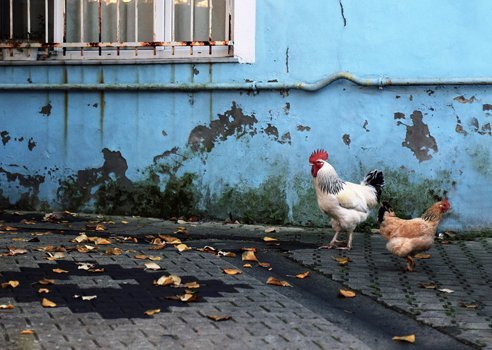Reading time: Less than 1 minute
Increase your vocabulary and you’ll make your writing much more precise. That’s why I provide a word of the week. Today’s word: zoonotic…
I read the story in the New York Times because the headline grabbed my attention.
“Mothers All Over Are Losing It,” the headline read. Written by Jennifer Senior, the piece explored how COVID-19 has affected parenting.
So, when I spotted a word that was new to me, zoonotic, I could figure out what it meant, based on context. Here is how the writer used it:
Obviously, the problems that we are contending with are not of our own wretched making. We didn’t set loose a novel, zoonotic disease onto a defenseless human population of billions.
Here is what the World Health Organization has to say about zoonotic diseases:
“A zoonosis is an infectious disease that has jumped from a non-human animal to humans. Zoonotic pathogens may be bacterial, viral or parasitic, or may involve unconventional agents and can spread to humans through direct contact or through food, water or the environment.
“They represent a major public health problem around the world due to our close relationship with animals in agriculture, as companions and in the natural environment. Zoonoses can also cause disruptions in the production and trade of animal products for food and other uses.”
The word zoonotic is of Greek origin, from zōon meaning “animal.” As you’ll have already figured out this is where we get our word for a collection of animals (a zoo) and an academic who studies animals (a zoologist.) The end of the word comes from nósos meaning “disease.”
One source I consulted, listed rabies as perhaps the best-known and most feared of all zoonotic diseases. But I’d have to guess that COVID-19 is in a dead heat with that one.


